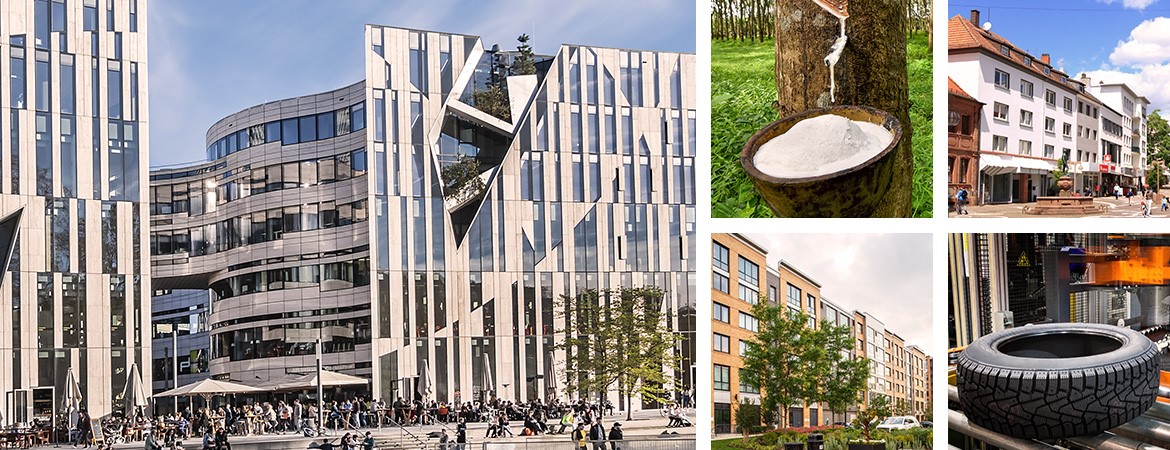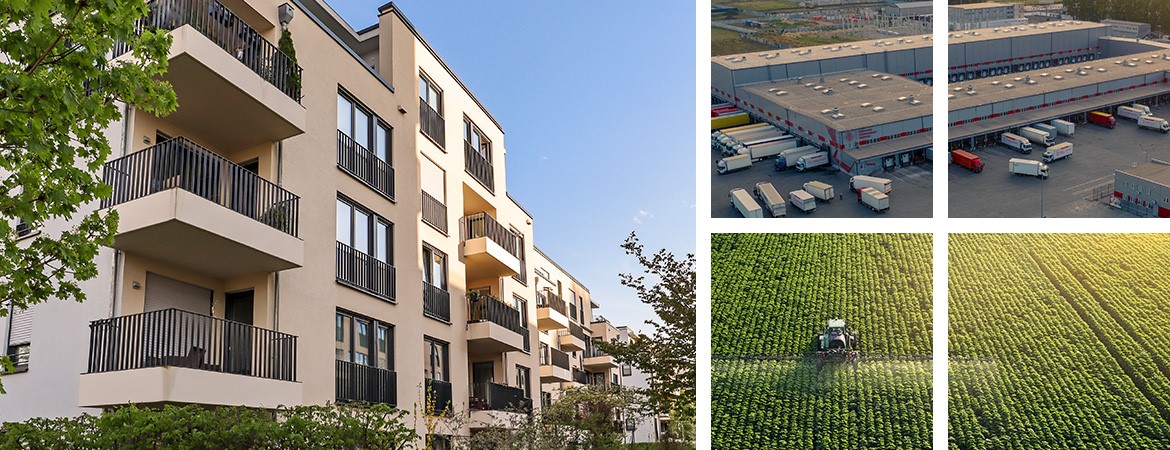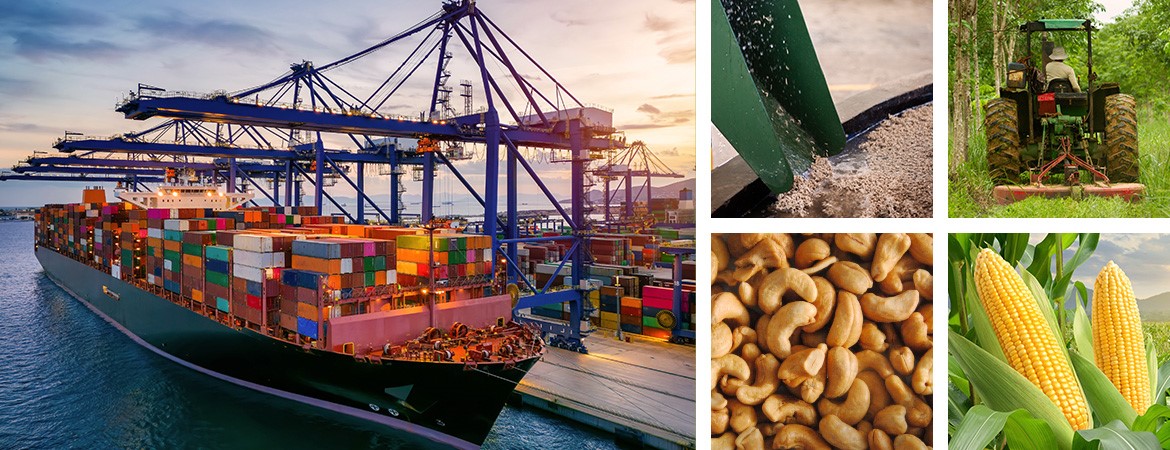








By year five the rubber trees have usually grown enough that latex extraction can start. The latex harvest is usually once or twice a week. Specially trained employees tap the bark of the tree with a special tool in a very specific downward angle without damaging the outermost layer of the trunk. As a result, a milky and slightly viscous tree juice is released called latex.
One person is responsible for the rubber trees on a total area of three to six hectares. Normally the person manages to harvest one hectare per day and to look after the other areas or to prepare them for the next harvest.
Harvesting the latex involves a process called tapping. The work is demanding and requires skilled hands. The latex flows downward along the grove and is collected in a container which is attached to the tree. After roughly one or two hours the latex flow dries up.
At this time the employees return to the latex trees and collect the natural rubber either as liquid latex (ammonia is added to the latex) or as coagulated rubber lumps (called cup lumps). They weigh and record the amount for every plot and take the harvest to a collection point on the plantation.
Before the extracted latex reaches the market as natural rubber, it undergoes several processes, which include washing and drying it to turn it into a marketable form.
The net proceeds from the sale of the rubber are calculated monthly and paid to the owners of the tree stocks or the shareholders of the rubber plantation companies.